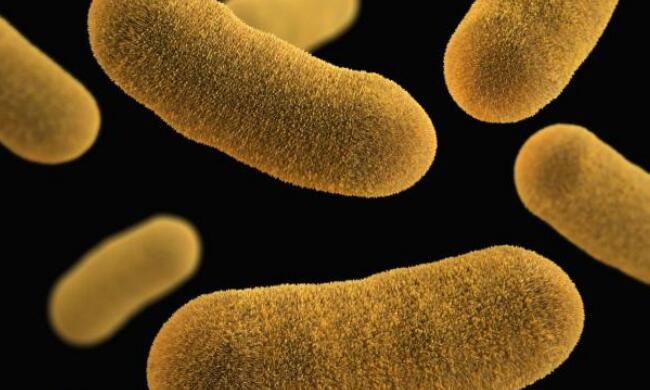In the medical field, detection of Helicobacter pylori (HP) primarily relies on four indicators: CAGA, VACA, urease A, and urease B. Meanwhile, antibiotic therapy remains the mainstay for treatment. In China, some researchers have initiated preliminary studies on drug development strategies targeting Helicobacter pylori using nanobodies.
In the realm of infection detection targeting Helicobacter pylori (HP), researchers at Qinghai University utilized a natural nanobody library to screen and identify high-affinity nanobodies against HP-associated proteins urease-B and CagA. These nanobodies, namely CagANb1, UreNb6, and UreNb9, demonstrated specific binding and high affinity to their target proteins[1]. Conversely, researchers at the School of Life Sciences, Nanchang University, discovered six unique nanobodies targeting the VacA cytotoxin through targeted detection studies. Among these, nanobody HV2-36 exhibited an inhibition rate of 31.13% at a concentration of 30 μg/ml[2].
Additionally, researchers at Tianjin University of Science and Technology developed a recombinant nanobody (Ab) specifically targeting the Hp urease subunit (UreB) using genetic engineering expression systems. They explored its expression in probiotics and found that the antibodies obtained through unidirectional immune diffusion could effectively bind to the UreB antigen. The activity assay results showed that Ab expressed in Escherichia coli (EcN) exhibited a urease inhibition rate of 67.4%, while that expressed in Lactobacillus exhibited a rate of 85.7%. These findings suggest their potential as an oral probiotic delivery system for Helicobacter pylori antibodies[3].
The aforementioned nanobodies not only bind to surface antigens of Helicobacter pylori, antagonizing bacterial adhesion to host cells[4], but also exhibit antibacterial effects by counteracting bacterial invasion-related virulence factors[5]. Moreover, urease-B nanobodies effectively inhibit urease activity, thereby reducing Helicobacter pylori colonization on gastric mucosal epithelial cells[6,7].

Helicobacter pylori (HP) is a spiral-shaped, microaerophilic, gram-negative pathogen primarily parasitizing the gastric mucosa of humans[8]. Infection with Helicobacter pylori can lead to various gastrointestinal diseases such as gastritis, peptic ulcers, and in severe cases, gastric cancer[9,10]. In a collaborative study on gastric cancer risk in 2021 involving research centers from the University of Oxford, Peking University, and the Chinese Academy of Medical Sciences, it was found that Helicobacter pylori infection increases the risk of non-cardia gastric cancer by 6-fold and cardia gastric cancer by 3-fold.
According to the latest epidemiological data, the global prevalence of Helicobacter pylori infection is over 50%, with China accounting for approximately 59%, increasing by about 1% annually. The World Health Organization categorizes it as a Group I carcinogen, as its secretion of vacuolating cytotoxin (VacA) disrupts tissue repair capability, impairs host immunity, and induces pathological changes in gastric epithelial cells, leading to diseases such as peptic ulcers, chronic gastritis, and gastric cancer.

Due to the unique living environment of Helicobacter pylori (HP), current clinical treatment methods involve large drug doses, long durations, significant side effects, and patient intolerance. Moreover, with the overuse of antibiotics in China, the prevalence of HP resistance has sharply increased, resulting in diminishing treatment efficacy. Consequently, China faces a considerable burden of HP infection resistance.
At present, there is an urgent need for an effective, low-resistance, and convenient drug treatment regimen for Helicobacter pylori. Nanobo Life Sciences anticipates and believes that in the near future, an effective therapeutic drug based on nanobodies will be introduced to address HP infection and prevent gastritis and even gastric cancer, thereby reducing their incidence.
NBLST specializes in the modification and application of nanobodies. Independently developed nanobodies such as Pepsinogen I and Pepsinogen II are applicable for the development of IVD target reagents for diseases such as gastric cancer. Nanobo Life Sciences is dedicated to providing more professional and cost-effective experimental services for research institutions, pharmaceutical companies, industrial enterprises, and innovative teams. Feel free to contact us for inquiries.







